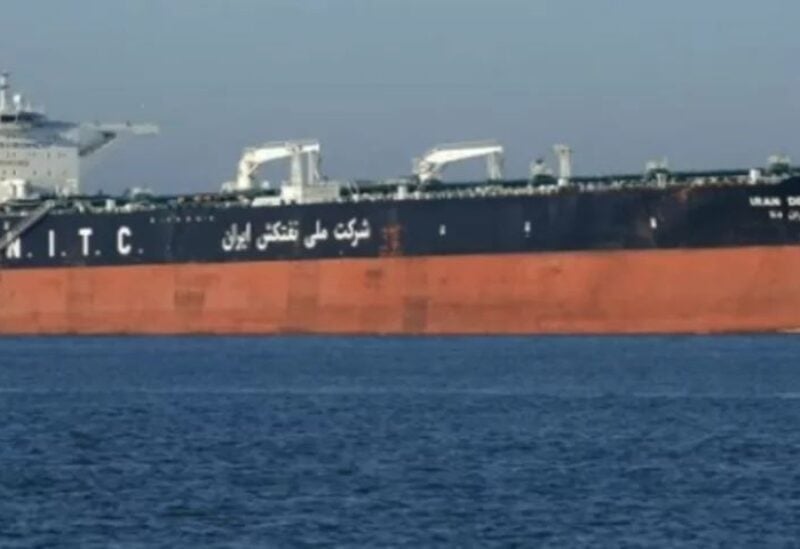
File-photo: Iranian fuel ship
Lebanon has not been informed of any official stance from the United States regarding the expected arrival of the Iranian fuel shipment to its territory.
The US State Department statement focused on the fact that there are sanctions against Iran. The Lebanese government does not expect any reaction from the US, and nothing indicates that any official administration, especially the Ministry of Economy and Trade, has asked the US administration for exemptions in this regard. Although this ministry had asked the US for exemptions from sanctions for other purposes.
Diplomatic sources confirmed to Sawt Beirut International (SBI) that exporting oil from Iran as a general principle is banned. However, there are exceptions, and if the US agreed that Iran would send gasoline to Venezuela, this means that Washington might accept importing fuel to Lebanon. Thus, without the US consent, the Iranian fuel will not reach anywhere. The issue depends on the US-Iranian negotiations, and on the facilities related to the situation in Lebanon.
Therefore, Washington will not easily agree on importing the shipment to Lebanon directly. US may disregard this issue, or it might agree on its arrival to Syria, to be transported to Lebanon by land for humanitarian reasons. So the difficulty is in the approval principle, not whether the shipment arrives or not.
There is no doubt that Israel will interfere in this matter, according to the sources, and this is what is being discussed between Washington and Tel Aviv at the highest level.
There are two issues: the first is that the fuel ships from Iran should not allow the arrival of the arms ships, or that these ships will be a way for transporting weapons or other dangerous matters. It is worth noting that some are saying that fuel is not the main prohibition, and that the transfer of weapons from Syria and Iraq is being done without waiting for a fuel vessel to be sent.
The second issue is that the safe arrival of the ship from Iran will be considered in Israel as a moral victory. Will the moral victory be answered with another moral victory, or will the issue be ignored? The issue is complicated, but if an agreement is reached where “UNIFIL” forces inspect the ship upon its arrival in Lebanon, all parties may accept that.
However, in all cases any solution requires an American approval, and if the latter does not exist then the ship’s route may be exposed to dangers in several ways. It is worth noting that ships coming to Syria have previously been targeted, and the questions that arise in this context: Is a war between Iran and Israel over the ship possible or this will be avoided? Is the possibility of a secret negotiation for the ship to reach Syria might succeed?
The decision of importing ships from Iran is similar to playing on the edge of the abyss amid complicated and dangerous circumstances in the region, and in international-Iranian relations, which impacts Lebanon in the midst of total absence of the official position and the authority of the state.
There is an acceptance of negotiating with Israel on the maritime borders, and on the other hand, there is a willingness from “Hezbollah” to send from Iran to those who search for oil in the sea. Importing Iranian ships is profitable for the Shiites and their popularity.
But there is a bet on these ships because the threat of sanctions will prevail. Washington’s direct and indirect approval is required for the ship’s arrival in Syria. However, it is difficult for these ships to reach Lebanon without the US approval.